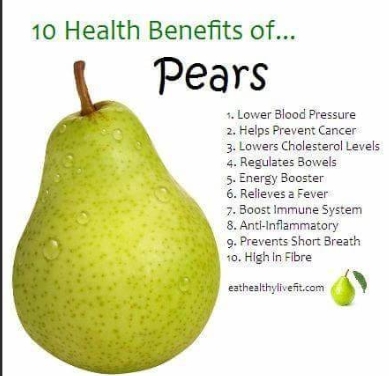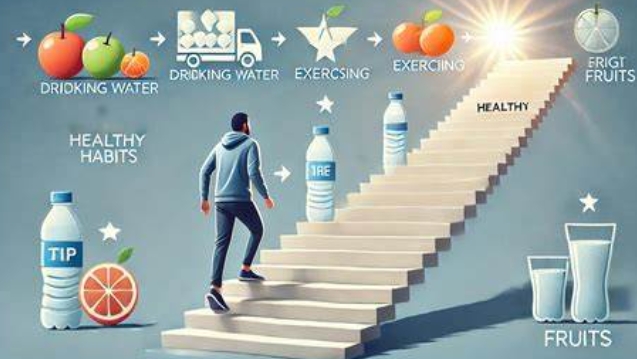In a world full of distractions and busy schedules, prioritizing your health can feel like a challenge. However, small and consistent changes to your daily routine can have a powerful impact on both your physical and mental well-being. By focusing on simple steps that can be easily incorporated into your lifestyle, you can set yourself on the path to feeling better, both inside and out.
Nutrition is one of the most important factors when it comes to maintaining a healthy life. A well-balanced diet can improve energy levels, boost immunity, and enhance overall vitality. Instead of focusing on restrictive diets or temporary trends, aim to make long-lasting changes to your eating habits. Fill your plate with a variety of fruits and vegetables, choose whole grains, and opt for lean proteins. Reducing processed foods and sugary snacks will help you avoid energy crashes and support a more stable mood throughout the day. Don’t forget to hydrate—drinking plenty of water is essential for digestion, energy, and skin health.
Exercise is another key ingredient to a healthier lifestyle. Physical activity doesn’t have to involve hours at the gym; it’s about finding movement that you enjoy and making it a regular part of your routine. Whether it’s a walk in the park, a yoga session, or a dance class, the goal is to stay active and keep your body moving. Regular exercise strengthens muscles, improves cardiovascular health, and helps maintain a healthy weight. Additionally, it releases endorphins that boost mood and reduce stress, which are both important for your mental well-being.
Sleep is often underestimated but plays a crucial role in maintaining good health. When you don’t get enough sleep, it can affect your mood, focus, and overall productivity. Aim for 7-9 hours of restful sleep each night to allow your body time to recover, repair, and restore its energy. Create a bedtime routine that helps you unwind, such as reading a book, practicing relaxation techniques, or listening to calming music. Limiting screen time before bed and keeping your bedroom dark and cool can also help signal to your body that it’s time to sleep.
Mental health is just as important as physical health, and stress management is an essential part of keeping your mind in balance. Chronic stress can take a toll on your body, leading to a weakened immune system, fatigue, and even heart problems. It’s essential to find ways to cope with stress effectively. Consider activities such as meditation, journaling, or deep breathing exercises to help clear your mind and relax. Taking breaks throughout the day, spending time outdoors, or engaging in creative hobbies can also reduce tension and improve overall mental clarity.
Finally, building and nurturing relationships is an important aspect of living a healthy life. Social connections provide emotional support, reduce stress, and increase happiness. Spend time with family and friends, engage in meaningful conversations, and surround yourself with positive people who lift you up. A strong social network can help you cope with life’s challenges and celebrate its joys.
Living a healthier life doesn’t have to be difficult. By making small adjustments to your diet, exercise routine, sleep habits, and stress management practices, you can create lasting changes that benefit your physical and mental health. Remember, it’s about progress, not perfection. Each small step you take brings you closer to a healthier, happier you.





